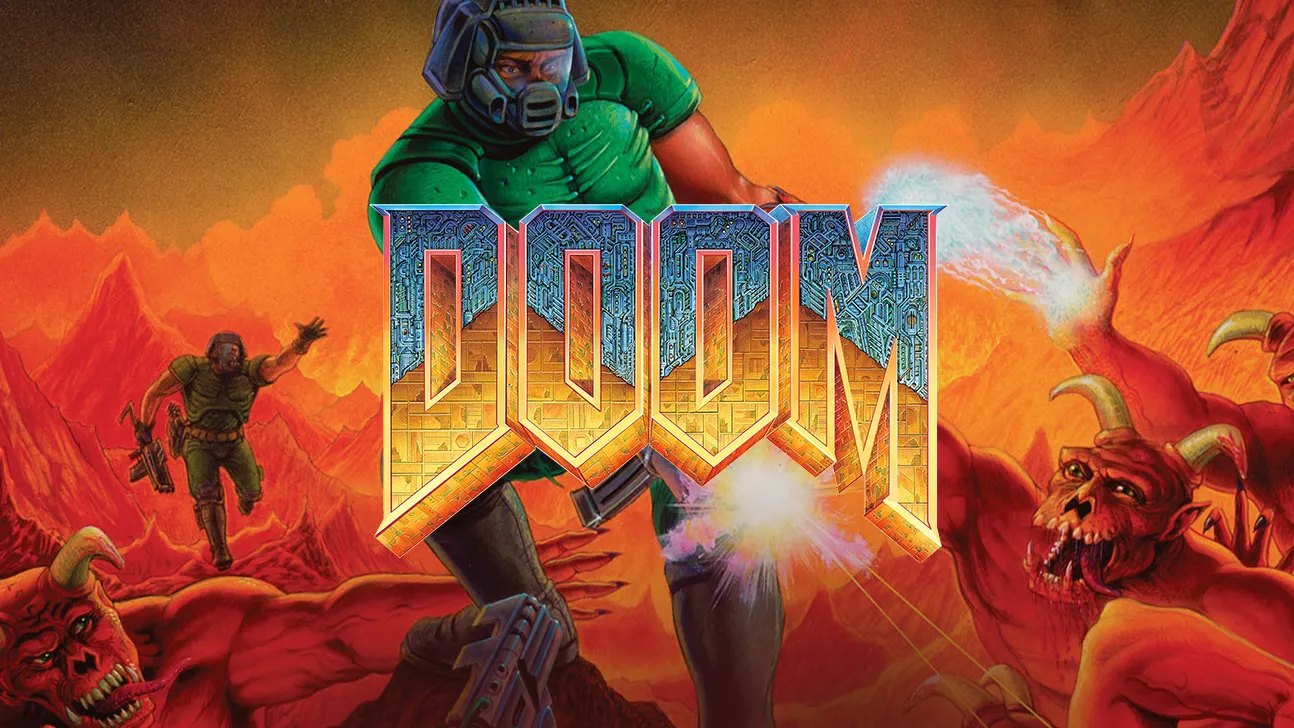Think you’re good at the classic shooter Doom? On Thursday, a fully on-chain, weeklong competition called the “Doom Olympics” began with a $15,000 prize pool up for grabs.
Crypto gaming project RIVES has previously put “every aspect” of retro games like Tetris on the Cartesi blockchain—an Ethereum-based scaling network that uses Linux-powered rollups—as well as Base, the Coinbase-incubated Ethereum layer-2 network. By doing so, every movement, score, and interaction is recorded and verifiable.
With such a robust record of in-game actions, RIVES—short for RISC-V Verifiable Entertainment System—has created the “Doom Olympics” with seven challenges that provide new and intriguing ways to test players’ skills in the iconic first-person shooter.
By competing in game contests such as Knuckle Crusher and Treasure Seeker—each of which puts a different spin on the classic experience—as well as social activities like referring friends, players stand the chance of winning a share of the $15,000 total prize pool.
Id Software, the original developer of Doom, is not directly involved in the project with RIVES opting to use the “Freedoom” version of the game, which layers open-source assets on top of the Doom engine.
Running until September 19, gamers will play Doom in-browser with every element of gameplay being recorded permanently on the Cartesi network. Each run is then replayable through a RIVES feature called “tapes” that is similar in approach to classic Doom speed demos. The team explained that this will help ensure fairness and create a new standard of trust.
This attempts to solve an issue that the speedrunning community has faced for some time. When competing remotely, it is possible for players to cheat during runs and fake their purported feats, sowing doubt in the entire premise of speedrunning—and negatively impacting those players who set records via legitimate means.
This has happened many times in the past, such as when one player faked the world record for the Blade Wolf DLC of Metal Gear Rising: Revengeance during an online charity event. This cheater cut videos together to make it look like he’d completed the game in record time in one smooth run, but he actually didn’t.
By recording every movement on-chain, allowing the resulting “tape” to be replayable by anyone, the theory is that players won’t be able to cheat.
“This eliminates the need to rely on third-party intermediaries for validating scores or gameplay, allowing for decentralized verification of speedruns and the use of canonical, persistent leaderboards, RIVES co-founder Max Hatesuer told Decrypt’s GG.
“Additionally, this opens up exciting possibilities for custom rule creation and modding,” he added. “For instance, anyone could design a contest where only punches count, or one where speed is the only criterion, with the assurance that all gameplays are validated in a decentralized manner.”
It’s become a running joke that Doom can be played on almost everything from pregnancy tests to ATMs, not to mention robot lawn mowers and gut bacteria. There have also been renditions inscribed onto the Bitcoin and Dogecoin blockchains, though it’s really just a means of storage; the games themselves didn’t benefit from on-chain functionality.
“We also noticed that while Doom runs on nearly every platform, no one has managed to bring it on-chain,” Hatesuer said. “Cartesi’s RISC-V VM and rollup infrastructure made it possible, and we embraced the challenge.”
Edited by Andrew Hayward
Daily Debrief Newsletter
Start every day with the top news stories right now, plus original features, a podcast, videos and more.

